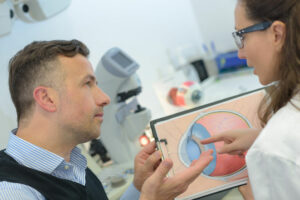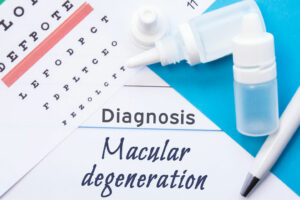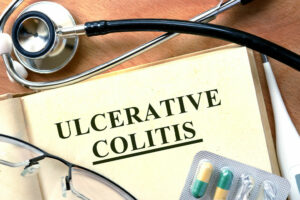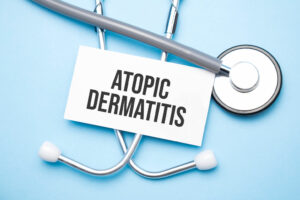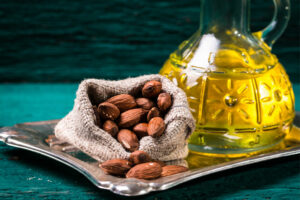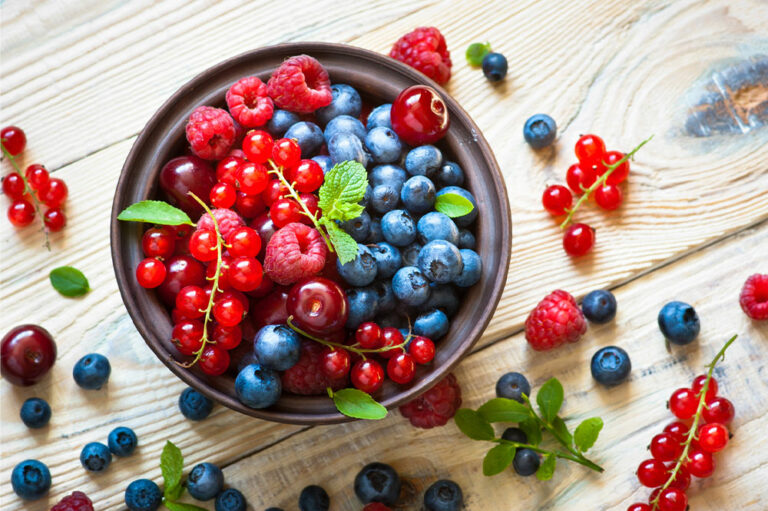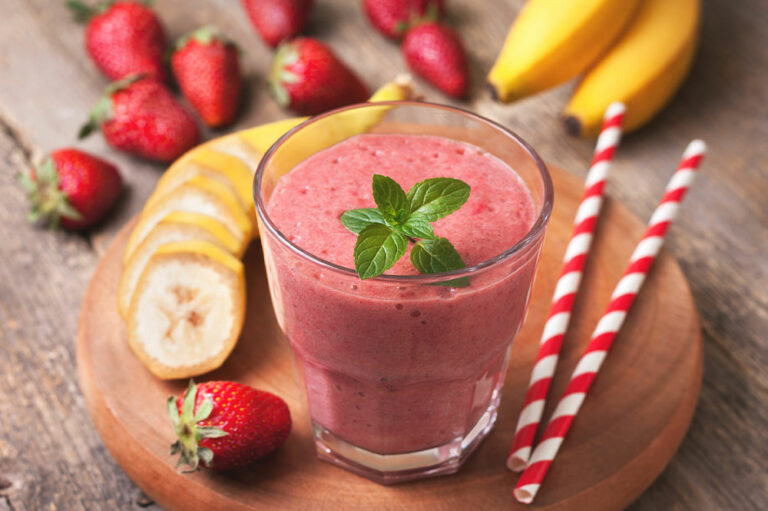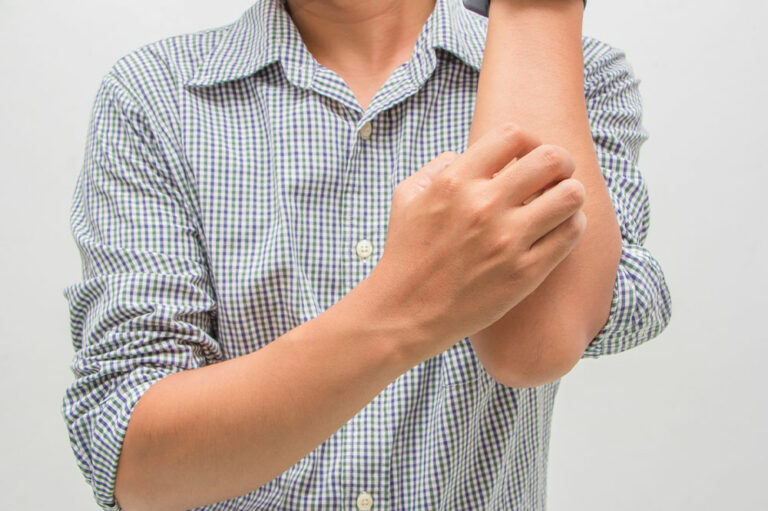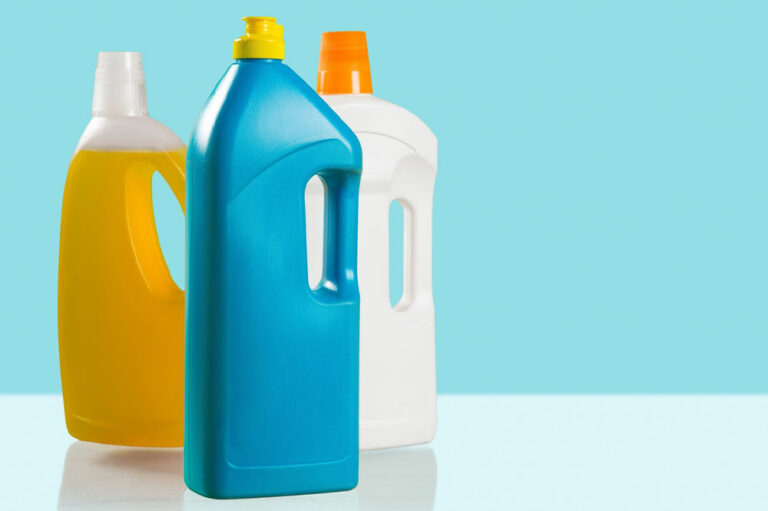Most people know about cancer, but only a few understand the condition. Today, there are various types of cancers and their associated causes. While genetics can play a huge role in the development of the disease, about 80% to 90% of the cases have been related to external factors. This can include lifestyle factors such as food. Keep reading this article to know more about the foods that can contribute to cancer risk.
Top 10 foods that can contribute to cancer risk
On the one hand, some foods can increase the risk of type 2 diabetes, which has long been associated with cancer. While others can contain carcinogens – harmful substances that can cause cancer.
Chips
Typically chips made from potatoes have high starch content. Further, when these thin potato slices are cooked at high temperatures, it forms a compound known as acrylamide. This means baking, roasting, frying, or even toasting such starchy foods can increase the risk of cancer. Besides that, according to a study done in 2020, acrylamide can potentially damage DNA and stimulate cell death. Hence healthcare professionals suggest staying clear of these foods and opting for snack alternatives like freshly picked grapefruits.
Breakfast cereals
Generally, most breakfast cereals contain high amounts of added sugar. Over and above that, they are rich in starch which can increase one’s chances of developing type 2 diabetes. Moreover, to make matters worse, diabetes can increase oxidative stress and inflammation, thus heightening the risk of certain types of cancer, such as breast, endometrial, and ovarian cancer.
Ham
While processed meat such as ham can be affordable and convenient, one must not ignore its risks. In most cases, such processed foods have been preserved through the process of salting, canning, and curing.
At first, these methods may seem harmless, but they can aid in creating carcinogens. For instance, curing meat with the help of nitrate can lead to the formation of N-nitroso compounds – a type of carcinogen. This can be a significant risk factor for certain cancers like colorectal cancer. Therefore, one must choose other options, such as unsmoked chicken and fish.
Soda
When traveling, most people pick sodas to quench their thirst. But these aerated drinks often have a high sugar content. Along with that, the manufacturers of such beverages add certain chemicals to the product. This includes emulsifiers, flavorings, colors, and other additives, which help increase the shelf life of the soda and make them taste better.
In addition to the above, these drinks may contain other chemicals like benzene and 4-methylimidazole, which can cause cancer.
Therefore, instead of consuming soda, one can select other nutrient-rich foods such as spinach, oranges, and pears.
Bread
Bread is one of the most common foods that can contribute to cancer risk. This is because packaged baked goods such as bread often contain an additive known as potassium bromate – a cancer-causing chemical.
As a standard practice, most manufacturers use the chemical to strengthen their dough. But not all of them utilize it. So while choosing bread, one must carefully read the labels and pick out the ones that do not contain the chemical in the ingredients list.
Cheese
Some evidence suggests that regular consumption of dairy products can increase one’s risk of developing prostate cancer. Likewise, a 2014 review indicates that consuming dairy products like cheese increases the production of IGF – 1 (insulin-like growth factor 1), which can lead to the increased production of prostate cancer cells. Healthcare professionals also suggest an association between high-fat cheese and breast cancer.
Hence, it’s suggested to settle for other foods like fish, tofu, and eggs to maintain optimum levels of nutrition.
White rice
Many people around the country and world depend on rice as a source of nutrition. However, most do not know the risks associated with the food. Rice, especially white rice, contains arsenic – a known carcinogenic substance that can promote cancer formation.
But the same cannot be considered for all cancer types. Research on the topic demonstrates an increase in bladder and breast cancer. Hence, one must choose other healthy alternatives like oats and brown rice.
Pork
The World Health Organization has classified pork and other red meats as 2A, meaning they are potential carcinogens for humans. Additionally, there is strong evidence suggesting that consuming large amounts of red meat is linked to an increased risk of colorectal, pancreatic, and prostate cancer.
While it’s important to limit red meat consumption, it’s not necessary to completely avoid it. According to the WHO, a recommended portion size is 12 to 18 ounces three times a week.
Fried chicken
Deep-fried food items such as fried chicken have been linked to an increased risk of lung and pancreatic cancer. One of the main factors that can lead to this health condition is the cooking method. So, when the chicken is deep fried in cooking oil, it can release acrylamide. Thus increasing one’s risk of developing cancer. Additionally, these food items are low in fiber and other nutrients that are needed by the body. Hence, it’s best to embrace other options, such as salmons and sardines, to avoid nutritional deficiency.
Hydrogenated oil
Consuming hydrogenated oil can lead to several health concerns, including heart conditions, elevated blood cholesterol levels, and inflammation. Moreover, it may cause cell damage and increase inflammatory levels, increasing the risk of cancer.
Although some of the foods mentioned above have other nutritional benefits, people at risk of cancer are advised to avoid them. Instead, they can focus on other alternatives and healthy lifestyle habits to decrease their risk of developing the condition. This can include stress reduction techniques – yoga and meditation, and regular exercise.
Plus, if needed, one can utilize additional tips to protect themselves from external factors that can increase their risk of the disease. This encompasses avoiding the midday sun, using sunscreen regularly, and getting regular medical care.




